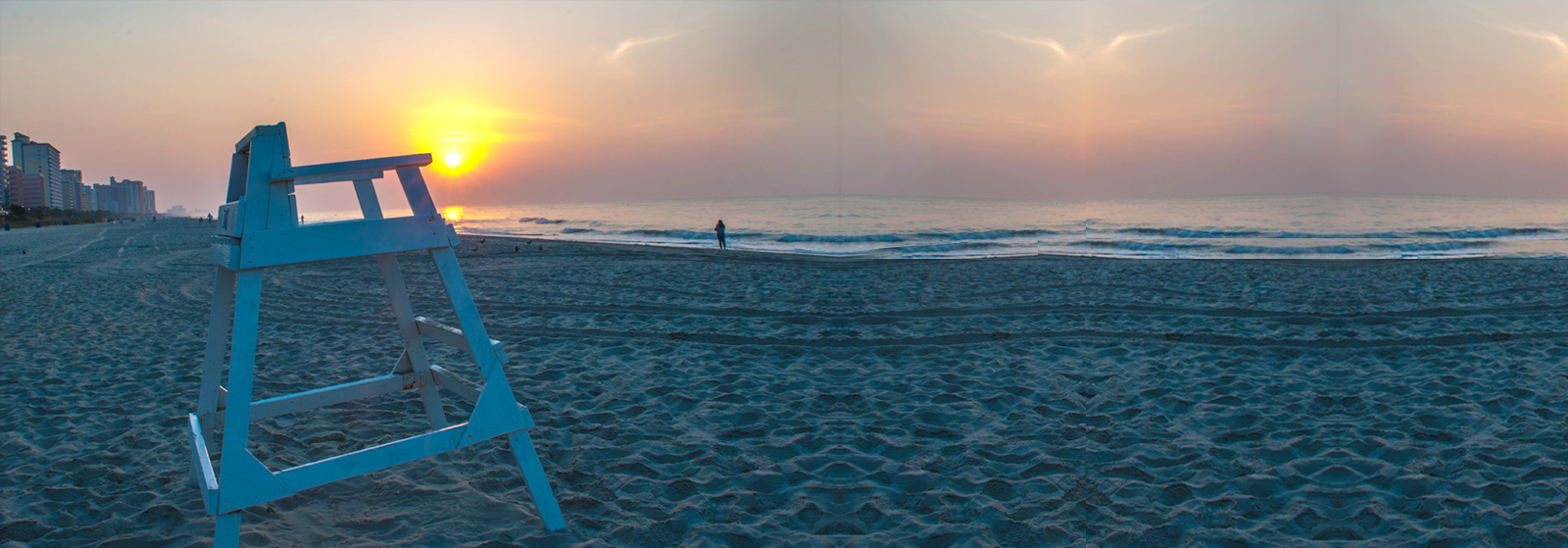

January 27, 2022 Lifeguard Trainer, Water Safety
When it comes to safety, you must not compromise on anything. One should do everything in their power to ensure a safe environment for everyone. Here are a few important drowning prevention tips to safeguard yourself and your loved ones from water hazards for all age groups with this attitude.
Children can’t protect themselves, so it becomes an adult’s responsibility to prevent them from any undesired incidence.
The best way to protect your children (or anyone else) from water hazards is to train them on how to swim. There is no better alternative to protect anyone for a lifetime than learning or teaching them how to swim.
Keep your kids close while walking around the water: Doing this will let you be around to help your kid any time.
Always keep a safety kit near the swimming pool: A precaution that must not be avoided.
Educate your children about water hazards: This will give them fewer reasons to roam around swimming pools for fun.
Empty anything with water that your kids can access: A kid can always find something to play with and climb. Just make sure it’s not filled with water.
Swimming pools at home must be surrounded by at least four feet of barricades from all sides, and use pool covers whenever you get the chance.
If your children go missing, always search in the swimming pool first: Every second counts under these conditions. Ensure you reach the pool as early as possible.
Learn Cardiopulmonary Resuscitation or CPR course in Perth and other first aid techniques: Everyone must learn these to be prepared in extreme conditions.
Once again, the first thing to do is to learn to swim. Nothing can protect you from water better than yourself. The risk factors for adults are slightly different from children, especially in Australia, where the practises get slightly less recognition in terms of water safety in WA. These are more preventable, though.
Always swim with a partner: A swimming partner will accompany you and be of help in case of unexpected incidences.
Check your equipment each time before swimming: You should always keep a life jacket handy when roaming around water. And every time you carry a jacket, you should analyse it to ensure its functioning.
Using a life vest is also a great option to ensure water safety.
Don’t swim sick: However obvious this may sound, sometimes everyone needs a reminder to control their urge and not do anything that could harm them. Swimming while sick is just an invitation to further complications.
Another thing that can lead you to the hospital is swallowing the water. There is an almost 99% chance that your swimming water is contaminated with undesired pathogens. You should never allow these to enter your digestive system directly. Never swallow water.
Learn CPR and teach everyone: This will not only help you save many lives, but it will also help you in case of emergencies.
Pool alarms, life jackets, safely constructed pools, and many more things can ensure the safety of senior citizens around water. None of the above techniques will guarantee 100% water safety, but when used in combination of two or more, these come quite close to making any water body a safer place.
Prevention is always better than cure. You won’t be needing to fix things if you prevent them in the first place. Hence, it is always advisable to check all the prevention measures and stay safe.